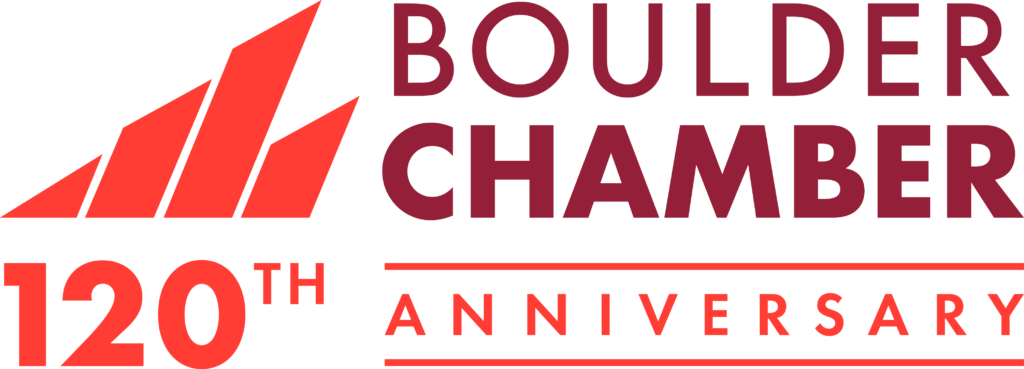Tayer: Black History Month: Are You Ready?
February 1, 2024
Originally posted by BizWest, February 1, 2024.
With the dawn of Feb. 1, we welcome the annual celebration of Black History Month. I know I will enjoy honoring the occasion with a special event at the University of Colorado Center for African and African American Studies. “Get ready,” the recent RSVP confirmation notice states, “[T]o immerse yourself in a celebration of Black history, culture, and achievements.”
I’m ready, and I hope you are, too.
I certainly understand and share the sentiment that Black history should be taught and celebrated throughout every year. I quote from a National Public Radio story on the origin of Black History Month: “There is no American history without African American history,” said Sara Clarke Kaplan, executive director of the Antiracist Research & Policy Center at American University in Washington, D.C. The Black experience, she said, is embedded in “everything we think of as ‘American history.'”
Still, as business leaders with many other pulls on our attention, we should welcome the call, dating back to 1926, for all of us to focus our attention on what President Gerald Ford proclaimed in his official recognition of Black History Month, “the too-often neglected accomplishments of Black Americans in every area of endeavor throughout our history” (to which I am reminded, were achieved by many while enslaved and purposely ignored).
I find that Black History Month also is a time to reflect on how we are lifting and supporting members of our African American community. As I often discuss with the Boulder Chamber director, and chair of our Diversity, Equity and Inclusion Committee, this work takes a sustained commitment, but it’s well worth it.
According to recent studies by Deloitte and Gartner Research, respectively, diverse companies enjoy 2.3 times higher cash flow per employee and inclusive teams improve team performance by up to 30% in high-diversity environments. Further, in an era when workforce recruitment and retention is one of the greatest business challenges, DE&I efforts are a competitive advantage when 76% of workers report to Glassdoor that they consider “a diverse workforce is an important factor when evaluating companies and job offers.”
Recognizing that the Boulder Chamber wasn’t meeting its own commitment to serve the full spectrum of our business community, we created the Equity Amplification Program. This program offers a complimentary introductory membership to Black-owned and operated businesses, along with special programming and support offerings. This is just one step in the process of presenting a more welcoming and inclusive environment to business leaders who don’t often find associations, like ours, a comfortable environment.
As is the case in any such inclusion initiative, the benefits can be both simple and profound. Anecdotal observations — and we intend to do a better job tracking these metrics — indicate that participation among Black business leaders in Boulder Chamber events is on the rise. It’s a simple data point, but an initial indication that we’re achieving an important inclusion goal.
Much more personally significant, the Equity Amplification Program has enriched my own life and made me a better chamber director. Program participants educate me on the unique difficulties from their own history of work in Boulder. They also help Boulder Chamber leadership find our blind spots, such as needed improvements in our own recruiting and programing. We can all do better, but those opportunities are much easier to daylight in an atmosphere of shared effort built on personal relationships.
Building similarly strong personal relations across the Boulder Chamber membership is the foundation of our new community agreements. Networking is a critical element of business success, yet there isn’t an even playing field unless every participant in our events and activities finds it a safe and welcoming environment. To that end, the community agreements will ask those who register for our programs to commit to a code of conduct for communication that is appropriate for a professional audience, including people of many different backgrounds. Boulder Chamber staff and our DE&I Committee also developed reporting and response steps to address behavior inconsistent with the code of conduct.
The Equity Amplification Program and community agreements are examples of the many steps the Boulder Chamber is taking to meet our commitment to the “beloved community,” a term that Dr. Martin Luther King popularized, but is so well defined in the words of CAAAS founding director Reiland Rabaka as, “a sacred and safe place where all are welcomed, respected and protected.” We have a long way to go in our DE&I journey toward that vision. That is why I’m ready to celebrate Black History Month . . . Are you?
